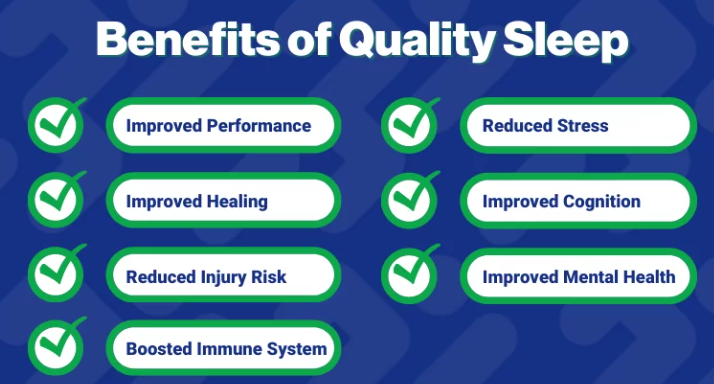The use of drugs, both legal and illegal, has far-reaching effects on individuals and society as a whole. This article explores the various consequences of drug use, from the physical and mental health impacts to the societal and economic ramifications.
Physical Health Effects
First and foremost, drugs can have severe physical health effects. Many illegal substances, such as cocaine and methamphetamine, can lead to a host of health problems. These drugs often place enormous stress on the cardiovascular system, leading to heart attacks, strokes, and high blood pressure. Additionally, the use of intravenous drugs can result in infections like HIV and hepatitis.
Transitioning to legal drugs, excessive alcohol consumption poses its own set of risks. Prolonged alcohol abuse can cause liver damage, pancreatitis, and an increased risk of cancer. It can also weaken the immune system, making the body more susceptible to infections.

Mental Health Implications
Beyond physical health, drugs can wreak havoc on an individual’s mental well-being. Substance abuse can lead to addiction, a chronic disease that alters brain chemistry and causes compulsive drug-seeking behavior. This can result in a cycle of dependency that is incredibly difficult to break.
Furthermore, drug use can exacerbate or trigger mental health disorders. For example, individuals with a predisposition to anxiety or depression may find their symptoms worsened by substance abuse. In some cases, drug use can lead to severe mental illnesses, such as schizophrenia or bipolar disorder.
Societal and Economic Impact
The impact of drug use extends far beyond the individual. Drug addiction places a significant burden on society and the economy. One of the most noticeable effects is the strain on healthcare systems. Hospitals and clinics must allocate resources to treat drug-related illnesses and injuries, diverting attention and funding from other healthcare needs.
Additionally, drug addiction often leads to criminal activity. Many individuals resort to theft, robbery, or drug trafficking to finance their habits. This not only jeopardizes public safety but also leads to increased law enforcement costs and strains the criminal justice system.
The economic consequences of drug use are also significant. The loss of productivity in the workforce due to addiction and related health issues costs businesses billions of dollars each year. Moreover, addiction often leads to unemployment, as individuals struggling with substance abuse struggle to maintain steady employment.
Prevention and Treatment
Addressing the effects of drug use requires a multi-faceted approach. Prevention efforts, such as educational programs in schools and communities, play a crucial role in reducing drug abuse. These programs provide individuals with information about the risks of drug use and teach essential life skills to resist peer pressure.
Treatment is equally essential. Effective treatment programs offer a range of services, including detoxification, counseling, and rehabilitation. Medication-assisted treatment (MAT) has also proven successful in helping individuals overcome addiction.
Conclusion
The effects of drug use are far-reaching and impactful, affecting not only the individual but society as a whole. The physical and mental health consequences can be devastating, and the economic burden is substantial. However, with a focus on prevention and effective treatment, it is possible to mitigate the damage caused by drug use. It is crucial for individuals, communities, and governments to work together to address this complex issue and support those in need of assistance in overcoming addiction. By doing so, we can hope to create a healthier and more prosperous society for all.











